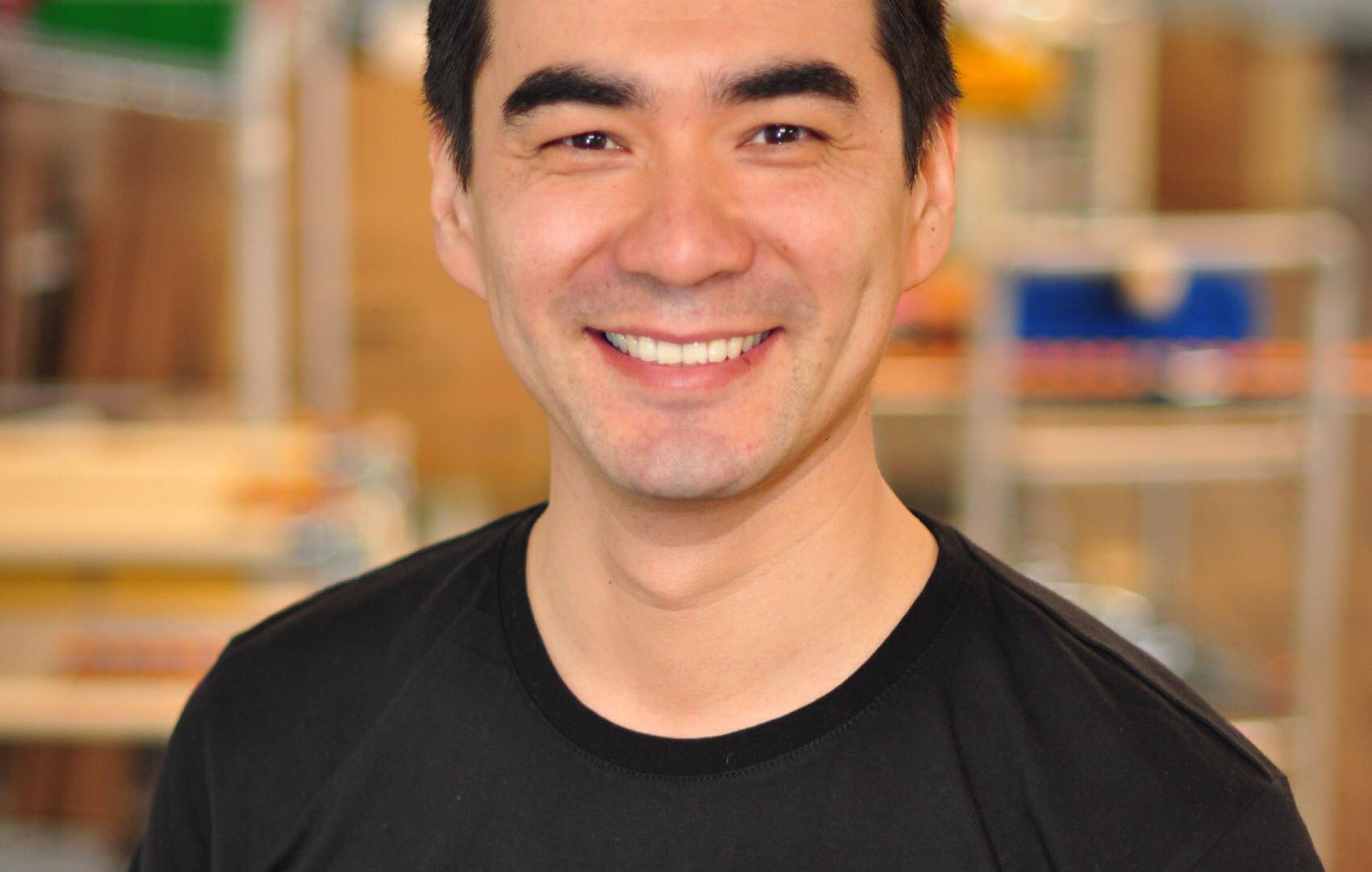
COOPERATION WITH KAIZEN CENTER
From November 10 to November 13 of this year, Kumar Musaev, co-founder of KAIZEN CENTER in Kazakhstan, and his team will conduct a training at our university on the topic “Fundamentals of Lean Technologies”.
For reference: Kaizen is a Japanese philosophy or practice that focuses on the continuous improvement of production processes, development, auxiliary business processes and management, as well as all aspects of life. Kaizen (lean manufacturing) in business is continuous improvement, from production to top management, from the director to the ordinary worker. By improving standardized activities and processes, the goal of Kaizen is lossless production.
The Kaizen philosophy was first applied to a number of Japanese companies (including Toyota) during the recovery period after World War II, and has since spread around the world. Since 1986, when Masaaki Imai's book "Kaizen: The Key to Japan's Competitive Success" was published, the term "Kaizen" has become widely known and has been accepted as one of the key concepts of the management. In 1993, it was included to the new edition of the New Shorter Oxford English Dictionary, which defines Kaizen as the continuous improvement of work methods, personal effectiveness, and so on, that is, as a business philosophy.
In Japanese, the word "Kaizen" means "improvement". Based on this strategy, everyone is involved in the process of improvement - from managers to workers, and its implementation requires relatively small material costs. The philosophy of Kaizen suggests that our life as a whole (work, public and private) should be focused on continuous improvement.